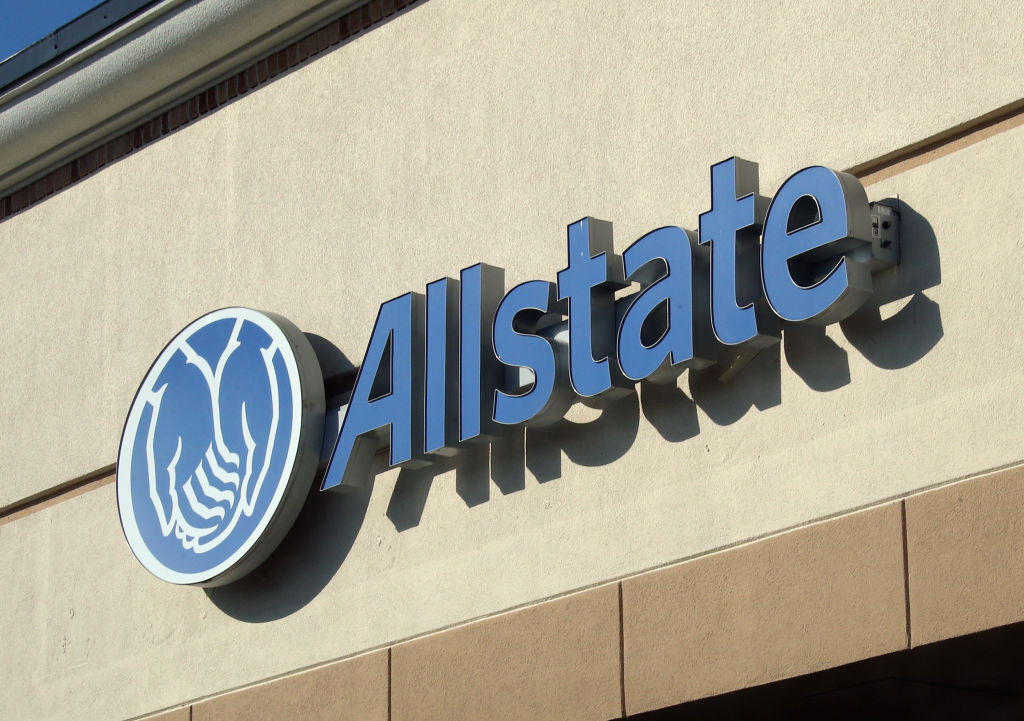What Types of Employers Might Cover My Master’s in Healthcare Tuition?
- You may get some or all of your master’s degree paid for by your employer.
- Many big healthcare employers offer programs that reimburse you for school tuition.
- Colleges, hospitals, clinics, and government agencies often offer reimbursement programs.
- Employers usually advertise their tuition reimbursement benefits on their websites.
The cost of college is higher than ever, and over 43 million people in the U.S. had student loan debt in 2023. Yet, many are looking for ways to still get a degree without accruing a large amount of debt. Is there a better option available?
One often-overlooked alternative for working professionals is to get your employer to pay for your education. Many top companies offer tuition reimbursement programs that partially or fully pay for their employee’s tuition, including master’s in healthcare programs.
4 Types of Healthcare Employers That Pay for Grad School
Many big employers in healthcare help pay for grad school, including colleges, hospitals, clinics, nursing facilities, and government agencies. If you’re searching for a healthcare job that will help cover your degree, look into these types of employers.
Colleges and Universities
If you work for a university healthcare system, you can take advantage of the college setting by attending classes for free. Many universities offer tuition reimbursement programs to help attract top talent and foster professional development.
Some schools, like Seattle University, will only cover the cost of classes and programs at their school. Others, such as John Hopkins University and Stanford University, will reimburse you for courses at any regionally accredited university. You may need to fulfill certain requirements, such as being employed full-time for at least one year.
Hospitals
Many hospitals also offer tuition assistance and reimbursement programs to help employees advance their careers and retain qualified staff.
UVA Health, Cleveland Clinic, and Trinity Health offer tuition reimbursement programs, as well as Providence and Ascension. Some hospitals may only provide reimbursement if you’re full-time and have been employed for a specific period of time. They may only cover specific programs and limit how much can be reimbursed annually.
Healthcare Clinics and Nursing Facilities
Like hospitals, some private healthcare clinics and nursing facilities may offer tuition reimbursement programs to their employees. These programs can help clinics ensure their employees continually grow their healthcare expertise, leading to a more qualified workforce.
For example, Intermountain Healthcare offers tuition reimbursement of up to $2,000 or $3,000 per year. MultiCare — a healthcare system with hospitals and clinics — will reimburse up to $5,250 for full-time employees and $2,500 for part-time employees.
Government Agencies
Health-related government agencies are also top providers of education assistance. The government is just as invested as other organizations in maintaining an engaged and developing workforce.
For example, the Health Resources and Services Administration offers loan repayment programs for nurses and several other healthcare specialties. The Department of Veterans Affairs and the National Institutes of Health also offer programs that help pay back educational loans.
While slightly different from tuition reimbursement programs, loan repayment programs can be another way to get your education covered by your employer.
Will Companies Pay for Master’s Degrees?
Many companies offer tuition assistance or reimbursement to help their employees obtain advanced degrees. Businesses are willing to offer these benefits for employee retention and to help upskill employees into more advanced roles. These programs can also give companies a competitive edge in attracting new talent.
Healthcare employers may be especially inclined to offer education assistance as advanced degrees can translate into more qualified staff, better patient outcomes, and improved employee retention.
How Does Tuition Reimbursement Work?
Some tuition reimbursement programs cover advanced degrees or certificates in any field, while others may reimburse only specific courses or programs that relate to your role or the company’s business needs.
You will typically need to pay the program’s upfront costs and will receive reimbursement from your company at specific intervals, such as after a course or semester. You may also have to fulfill certain GPA or attendance requirements set by your company.
Featured Online Master’s in Healthcare Programs
Learn about start dates, transferring credits, availability of financial aid, and more by contacting the universities below.
How to Find Companies That Pay for Grad School
Not sure how to find a company to pay for your master’s degree? There are several ways you can find information about a company’s tuition reimbursement program:
- Research prospective employers in your area. Check their websites directly to see their benefits packages.
- Search job listing sites like LinkedIn for ads that mention tuition assistance.
- Ask your online and professional networks for leads.
- If you’re already interviewing at a company, bring it up with the HR rep or hiring manager.
If your company doesn’t offer a formal tuition reimbursement program, that doesn’t mean you’re out of options. Put together a pitch explaining why your education will enhance your current role and benefit the company, then make your case to your manager or HR representative.
Explore More College Resources

Best Master of Healthcare Administration (MHA) Online Programs of 2025
A master’s in healthcare administration (MHA) degree opens the door to well-paying careers in healthcare management and leadership.

by Meg Embry
Updated December 2, 2024



